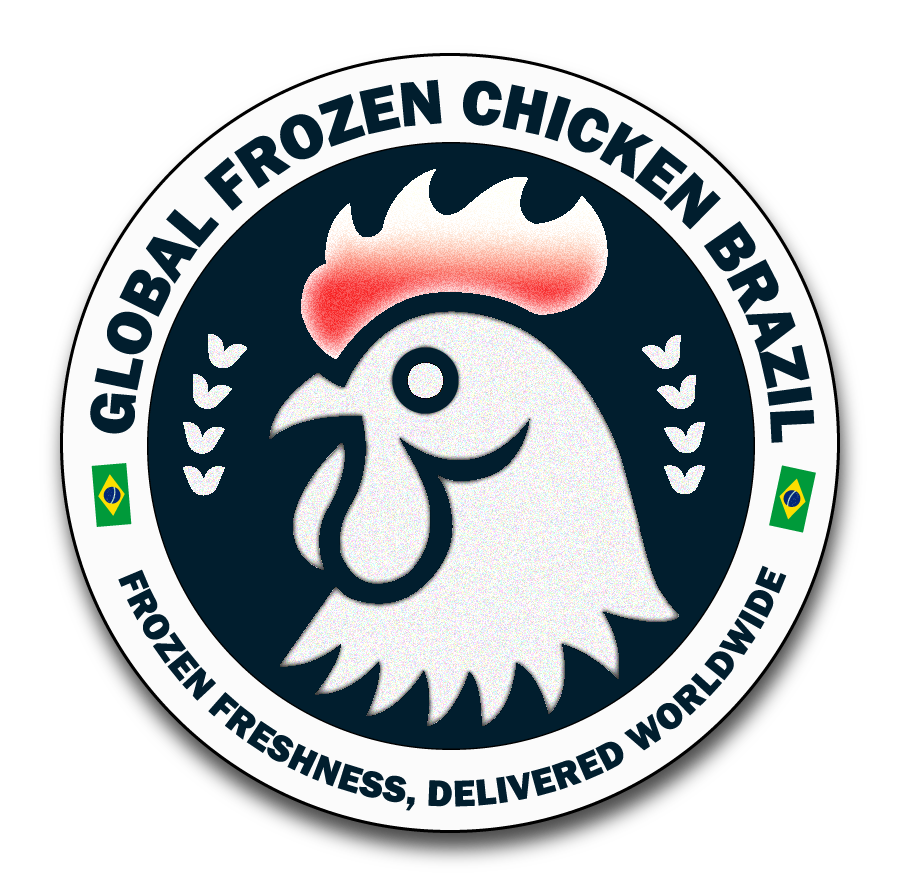
The demand for frozen chicken in global markets has soared in recent years due to shifting consumer habits, food safety concerns, and economic benefits. As nations seek long-term food solutions, frozen poultry has emerged as a smart, scalable option for retailers, distributors, and restaurants alike.
This demand isn’t limited to just one region. Countries across Asia, the Middle East, and Africa are increasing their imports of frozen chicken to meet population growth and changing dietary needs. According to global trade statistics, poultry has become one of the most traded animal proteins worldwide.
🧊 What Makes Frozen Chicken a Global Favorite?
Frozen chicken offers several unique benefits that make it appealing to both businesses and consumers:
-
Longer Shelf Life: It remains safe and nutritious for months with proper freezing, reducing waste.
-
Affordability: Bulk production and streamlined processing make it more cost-effective than fresh chicken.
-
Compliance with Global Standards: Certified producers follow Halal, HACCP, and USDA standards, ensuring health and safety across markets.
For importers, these factors make frozen chicken a low-risk, high-return product that is easy to store and ship across long distances.
🌐 Top Countries Importing Frozen Chicken
Many countries are actively importing frozen chicken to meet domestic demand:
| Country | Reason for Importing Frozen Chicken |
|---|---|
| China | High demand for low-cost meat options |
| Saudi Arabia | Preference for Halal-certified meat |
| UAE | Fast-growing population and tourism-based demand |
| South Africa & Nigeria | Affordable protein for lower-income households |
These countries rely on trusted suppliers who offer consistent quality and meet local import regulations. As a result, the global frozen chicken trade continues to expand each year.
📦 Why Exporters Should Pay Attention
If you’re in the poultry business, now is the time to scale your operations. Reliable export partners and certified processing facilities can give your brand access to booming markets.
Exporters can benefit by:
-
Creating strong B2B relationships in key regions.
-
Offering customized packaging for local preferences.
-
Ensuring traceability and transparency in supply chains.
Need support with export services? Check USDA Poultry Export Requirements and Halal Certification Guidelines to stay compliant and competitive.

